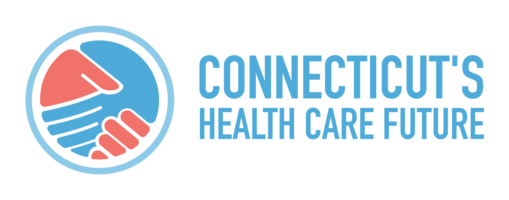New Brookings Analysis Urges ‘Caution Against Making Lasting Changes’ To State Health Policies In Light Of Federal Coverage Expansion
HARTFORD, Conn. – A new analysis by the Brookings Institution highlights the significant new resources now available for Americans to obtain affordable health coverage under the federal government’s recently-enacted American Rescue Plan Act (ARPA). As Connecticut lawmakers consider creating an unaffordable, new state government-controlled health insurance system known as the state government option, the analysis concludes that elected leaders in Hartford and other state capitals should take “caution against making lasting changes” to their states’ health care policies “until matters are clearer.”
As the Hartford Courant reports, the push by some Connecticut lawmakers to create the unaffordable, new state government option “comes as the federal government, through the newly enacted American Rescue Plan, is funding a massive expansion of Obamacare and the state insurance exchanges, including Access Health Connecticut. Gov. Lamont, who opposes the [Comptroller Kevin] Lembo-endorsed plan, says he favors expanding coverage through Access Health Connecticut, which offers federally-subsidized health coverage to more than 100,000 state residents through private insurance companies.”
A new analysis by the Kaiser Family Foundation (KFF) finds that “the number of people eligible for a subsidy to purchase Marketplace coverage has increased 20 percent from 18.1 million to 21.8 million with passage of” the American Rescue Plan Act (ARPA), while “the majority of uninsured people (63 percent) are now eligible for financial assistance through the Marketplaces, Medicaid, or Basic Health Plans. In fact, more than four out of 10 uninsured people are eligible for a free or nearly free health plan through one of these programs.”
As the largest expansion of affordable coverage since the Affordable Care Act, ARPA has “profound implications for state health policy, aiding state efforts to make coverage more affordable and accessible,” the Brookings analysis finds, adding that “the potential for future action [at the federal level] requires states to remain nimble in their decision-making.”
Meanwhile, a recent poll conducted by Locust Street Group on behalf of Connecticut’s Health Care Future finds that a majority of Connecticut voters do not support the proposed state government option and are satisfied with their current health coverage and care. The poll of 800 likely voters in Connecticut reveals that a majority want lawmakers to build on and improve the current health care system rather than start over by creating a new state government-controlled health insurance system such as the state government option.
The poll’s key findings include:
- A majority of Connecticut voters do NOT support the state government option (only 36 percent support).
- 80 percent of voters prefer for lawmakers to BUILD ON Connecticut’s health care system rather than create a new state government option.
- Voters are especially CONCERNED about the impacts of the state government option on access to quality care (77 percent), jobs/economic growth (74 percent), and costs (72 percent).
- 82 percent of voters are UNWILLING to pay more in health care costs and 78 percent are UNWILLING to pay more in taxes to finance the cost of the state option.
In fact, the poll shows that during this critical time Connecticut voters want state lawmakers to focus on jobs and the economy: 60 percent of voters ranked the economy and jobs as one of their two most important issues for the state government to address, while 48 percent ranked taxes as one of their top two most important issues. Only 30 percent of voters believe health care is among the two most important issues for state lawmakers to address.
- To read the analysis by the Brookings Institution, CLICK HERE.
